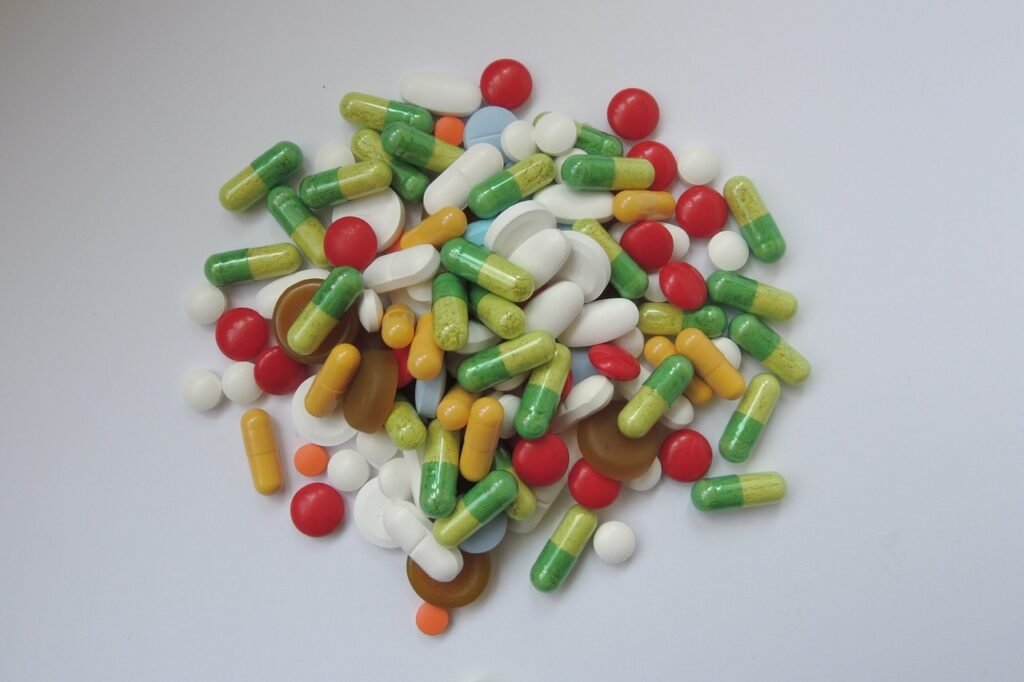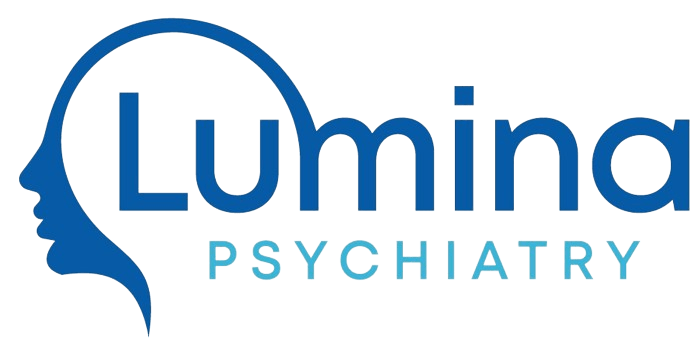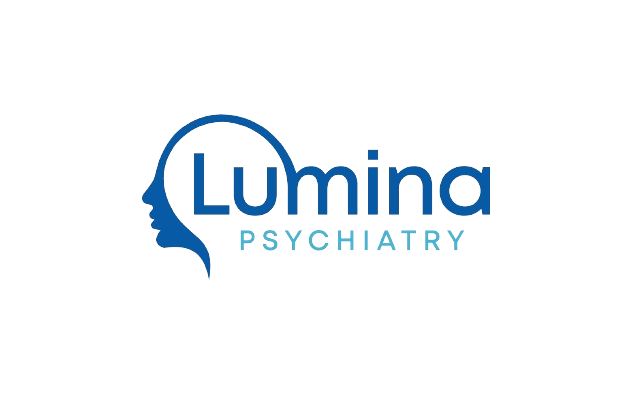Bipolar disorder, also known as manic-depressive illness, causes significant mood swings. These mood swings include emotional highs, referred to as mania or hypomania, and lows, known as depression. Lithium is usually used to treat the bipolar disorder. The condition affects approximately 2.6% of adults in the United States, usually developing in late adolescence or early adulthood. Symptoms can vary but typically include shifts in energy, activity levels, and the ability to carry out daily tasks.
During manic episodes, individuals might feel euphoric, energetic, or unusually irritable. They may engage in risky behavior or have racing thoughts. In depressive episodes, individuals often experience sadness, hopelessness, and a lack of interest in daily activities. These contrasting states can significantly disrupt daily life, impacting work, relationships, and overall well-being.

Researchers have yet to fully understand the cause of bipolar disorder. However, they believe it results from a combination of genetic, environmental, and neurological factors. Given the complexity of the condition, treatment is crucial for managing symptoms and improving quality of life.
Treatment Options for Bipolar Disorder
A comprehensive treatment plan for bipolar disorder typically involves medication, therapy, and lifestyle changes. Medications stabilize mood swings and may include mood stabilizers, antipsychotics, and antidepressants.

Mood stabilizers, such as lithium, help prevent manic and depressive episodes by maintaining balanced moods. Anticonvulsants like valproate and lamotrigine also function as mood stabilizers.
Antipsychotics address severe manic or mixed episodes, managing symptoms like delusions or hallucinations. Common antipsychotics include quetiapine and aripiprazole.
Antidepressants treat depressive episodes but often combine with a mood stabilizer to prevent triggering mania. However, doctors typically prescribe antidepressants cautiously due to the risk of mood destabilization.
Therapy plays a vital role in treatment. Cognitive-behavioral therapy (CBT) helps individuals identify and change negative thought patterns and behaviors. Interpersonal and social rhythm therapy focuses on improving relationships and establishing regular routines, stabilizing mood.
Lifestyle changes, such as regular sleep, exercise, and a balanced diet, also contribute to managing bipolar disorder. Support groups provide a platform for individuals to share experiences and coping strategies.
A comprehensive approach combining medication, therapy, and lifestyle changes helps individuals with bipolar disorder lead more stable and fulfilling lives (NAMI) (nhs.uk).
Lithium as a Treatment
Lithium, a naturally occurring element, has served as a mood stabilizer for over 70 years in treating bipolar disorder. Dr. John Cade discovered lithium’s calming effects on manic patients in the 1940s (Psychology Today).

Mechanism of action of lithium
Lithium affects neurotransmitters in the brain, particularly those regulating mood. It helps balance these chemicals, reducing the severity and frequency of manic and depressive episodes. Lithium is often prescribed for long-term management and typically taken in pill or liquid form.
Lithium is highly regarded for its effectiveness in preventing mood episodes and reducing the risk of suicide in individuals with bipolar disorder. It also has neuroprotective properties, supporting brain health. However, lithium’s effectiveness varies among individuals, and patients must undergo regular monitoring to avoid toxicity.
Treatment involves regular blood tests to ensure safe lithium levels, as the therapeutic dose closely matches the toxic dose. Patients must follow their healthcare provider’s instructions closely to avoid potential toxicity. Common side effects include nausea, tremors, and increased thirst, which usually diminish over time or with dosage adjustments.
Lithium Dosing
Lithium dosing varies based on individual needs and is typically prescribed by a healthcare provider. The starting dose is often low and gradually increased over several weeks to reach a therapeutic level. The standard dose usually ranges from 600 mg to 1200 mg daily, but some people may require higher doses, depending on their weight and symptoms.

- Dosage Form: Lithium comes in various forms, including extended-release tablets and liquid solutions. The extended-release tablets should be swallowed whole without crushing or chewing, while the liquid form is best measured with a dosing spoon or oral syringe (NAMI).
- Administration: Lithium is usually taken one to three times per day, with or without food.
- Monitoring: Regular blood tests monitor lithium levels, ensuring they remain within a safe and effective range. Monitoring is essential since the therapeutic dose is close to the toxic dose.
- Missed Doses: If you miss a dose, take it as soon as you remember unless it is closer to your next dose. It’s important not to double the dose to make up for a missed one (NAMI).
Effectiveness and Benefits of Lithium
- Lithium consistently ranks as one of the most effective treatments for bipolar disorder. Its primary benefit lies in stabilizing mood swings, thereby preventing manic and depressive episodes. This stabilization is crucial for individuals with bipolar disorder, helping them maintain a balanced and consistent mood.
- Another key benefit of lithium is its protective effect against suicide, a significant risk associated with bipolar disorder. Research shows that lithium treatment reduces the risk of suicide compared to individuals not receiving such treatment.
- Only a few medications reduce the risk of suicide, and lithium is one of them While other drugs also improve symptoms, research has clearly shown the benefit of a lower suicide rate with lithium. This protective effect makes lithium valuable, particularly for individuals with a history of suicidal behavior.
- Lithium’s neuroprotective properties may also contribute to its effectiveness. It supports brain health and increases the volume of certain brain regions, potentially offsetting some of the structural changes associated with bipolar disorder. Thus
Despite its benefits, lithium’s effectiveness varies among individuals. For some, it can be highly effective, while others may not respond as well. Regular monitoring is crucial, as lithium levels must stay within a specific therapeutic range to be effective and avoid toxicity (NAMI) (nhs.uk).
Side Effects and Risks of Lithium
Lithium treatment can cause various side effects, some common and others rare but serious. Common side effects include:
- Nausea: A frequent issue that often diminishes over time or with dosage adjustments.
- Tremors: Hand tremors may occur, but they are typically mild. These are probably due to changes in thyroid function.
- Increased Thirst: This can lead to frequent urination, which is usually mild.
A rare but serious side effect of lithium treatment is nephrogenic diabetes insipidus, which impairs the kidneys’ ability to concentrate urine, leading to excessive thirst and urination. This condition requires medical attention and may necessitate adjusting or discontinuing lithium (NAMI) (nhs.uk).
In some cases, lithium can affect kidney and thyroid function, necessitating regular medical checkups. Healthcare providers typically monitor these functions through blood tests to ensure the safe and effective use of lithium.
Lithium toxicity can also occur if blood lithium levels become too high. Symptoms of toxicity include confusion, excessive thirst, and muscle weakness. Immediate medical attention is necessary if these symptoms arise (NAMI).
Patients should avoid alcohol and certain medications, such as nonsteroidal anti-inflammatory drugs (NSAIDs), to minimize adverse effects. Staying hydrated and avoiding drastic changes in salt intake also help regulate lithium levels (nhs.uk).
Role of Lumina Psychiatry in Bipolar Disorder Treatment
Lumina Psychiatry provides personalized care for individuals with bipolar disorder, focusing on individualized treatment plans. Our comprehensive approach includes therapy and medication management, creating a supportive environment for patients to thrive.

Lumina Psychiatry’s multidisciplinary team includes psychiatrists, therapists, and support staff who collaborate to create a supportive environment. We build strong relationships with patients, fostering trust and open communication. This approach helps patients feel comfortable discussing their symptoms and treatment concerns, leading to more effective care.
By offering a holistic and individualized approach, Lumina Psychiatry helps patients manage bipolar disorder effectively, improving their well-being and enabling them to lead more stable lives.
Conclusion
Lithium effectively treats bipolar disorder, offering numerous benefits while requiring careful management. It stabilizes mood swings, reduces the risk of suicide, and supports brain health. However, its use requires regular monitoring to avoid potential side effects and toxicity.
Lumina Psychiatry provides tailored care for individuals with bipolar disorder, offering personalized treatment plans that include lithium and other therapies. Our holistic approach focuses on individualized care, regular monitoring, and ongoing support, helping patients manage their condition and improve their quality of life.
By consulting healthcare providers and staying informed about treatment options, patients can manage bipolar disorder effectively and lead fulfilling lives. Booking an appointment with Lumina Psychiatry is a proactive step toward achieving better mental health and well-being. Their supportive and personalized approach helps patients navigate the challenges of bipolar disorder and move toward a more stable and satisfying life.




